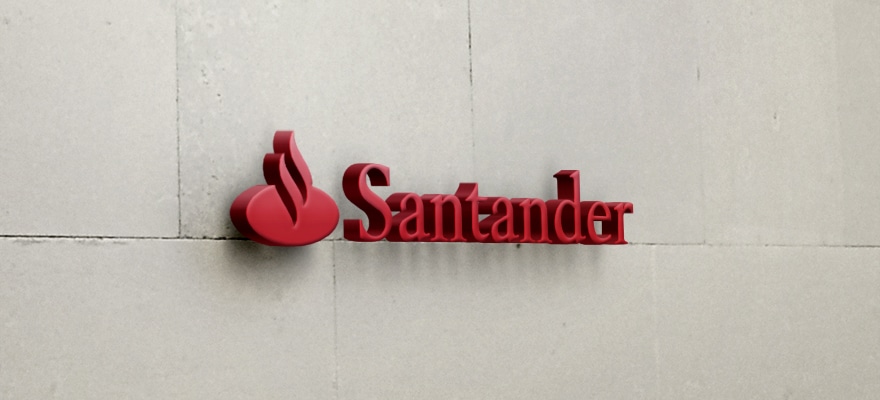A report published yesterday by Santander Innoventures, the UK-based FinTech-focused venture arm of Spain's largest bank, envisions distributed ledger technology as the future for banking operations.
The 20-page report, "The Fintech 2.0 Paper: rebooting financial services", was produced in conjunction with international management consulting firm Oliver Wyman and digital financial services investment and advisory firm Anthemis Group.
In general, it identifies and discusses the opportunities presented by FinTech 2.0, and how innovation can save billions in costs for banks. In a section touching upon distributed ledger technology, which powers Bitcoin, the report explains:
"Systems operate on a peer-to-peer basis and transactions are near-certain to be correctly executed, allowing distributed ledger operators to eliminate supervision and IT infrastructure, and their associated costs."
Noted is how the distributed ledger system settles transactions independent of a centralized clearing house. Records are near-instantaneous, irrevocable and tamper-resistant.
As such, potential applications include cross-border Payments and 'smart contracts', and possibly evolve toward "uses in securities, syndicated lending, trade finance, swaps, derivatives or wherever counterparty risk arises."
It assesses that distributed ledger technology can reduce costs related to cross-border payments, securities trading and regulatory compliance by $15-20 billion annually by 2022.
In its future outlook, the report asserts, "It is only a matter of time before distributed ledgers become a trusted alternative for managing large volumes of transactions."
Last year, Santander conducted a public challenge to devise the best Bitcoin strategy for banks.
Several banks have already disclosed research initiatives into how Blockchain technology can streamline their operations, in addition to others that have already implemented the Ripple protocol.

















